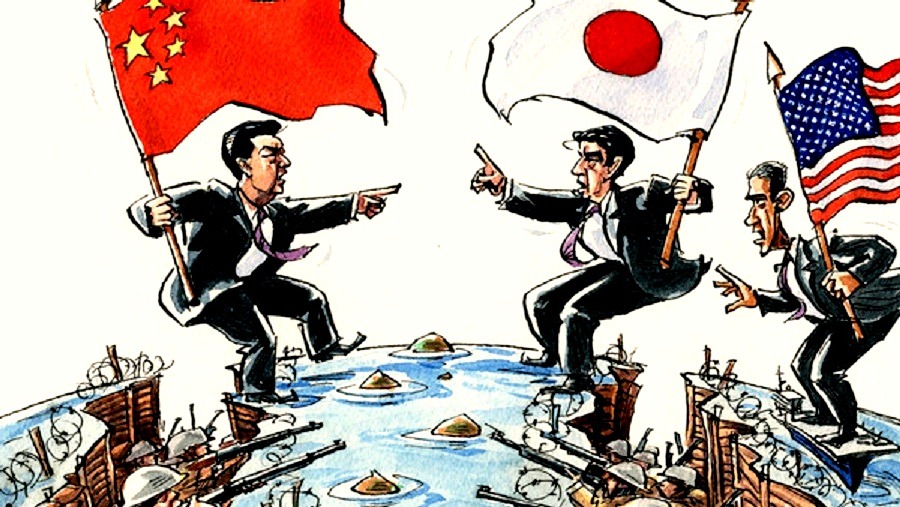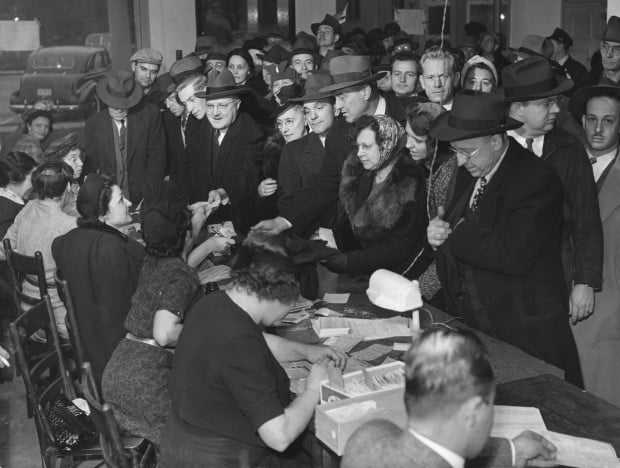
The International Friendship Among Children Committee and Federal Council of the Churches of Christ introduced a friendship project which designed Japanese dolls and distributed them to every region before the 1927 Christmas.

The Wapato Language school carried out a unique event for the more prominent community whereby Japanese ceremony, music, and dance were showcased yearly (Fugita & OBrien, 2011). The women’s society of Portland Japanese supported various social and political occasions. Japanese Americans pursued in teaching fellow citizens and eased discernment by advancing Japanese legacy, business, and alliance. When they were deprived of their American citizenship on racial grounds, they shaped sections of Japanese Association of America as a way of preserving sanctioned connections with Japan, battle prejudicial enactment, and give joint support and socialization for the people. While battling for a dwelling in America’s culture, the Issei looked to hold Japan’s connections, cultivate national conventions, and teach the customs to their offspring. They likewise acquired ties of World War I and incorporated native exertions of English language and Americanization. The requirement for an extension of imports was brought up, and the structured Japan-US talks even went as far as addressing fundamental issues affecting Japanese society. The sharp move in Japan’s financial status in the 1980s turned into a wellspring of high resistance between Japan and the US, and there was much discourse over what Japan’s place ought to be, given its economy (DeVoe). The expression “military coalition” even came to be acknowledged without much restriction. At the Williamsburg summit, Prime Minister Nakasone announced that security was inseparable, and that Japan was an associate of the Western security cooperation. In spite of the fact that the strategy of setting Japan in the Western camp came under no pressure amid the Suzuki government, it recaptured strong balance under the Nakasone organization. Their thought was an absurd contention which implied a desire to draw out the condition of order that Japan liked, yet there were others who needed to separate Japan from the truths of the Cold War and who were not happy with Japan’s constant reliance on the US. In the pacifism argument which started in 1950, several intellects promoted peace with all and leveled reactions at the government’s strategies (Fugita & OBrien, 2011). It was regularly proposed after World War II that Japan’s future lay in turning into a cultural country, and an extraordinary number of individuals concurred that Japan ought to wind up plainly a conservative social nation regardless of the possibility that it implied being small and weak. The nations business relationship has especially thrived from that point, with Japanese electronics and cars being mainly well known. A trade of culture and innovation and another treaty of the military association led to solid cooperation. After the occupation ended, the nations association thrived once more. Japan gave up and got subjected to 7 years of America’s military occupation, and the American dwellers reconstructed the nation, they shared their innovations and engaged in financial and political modifications to change Japan to egalitarianism and possible fortification contrary to Marxism (DeVoe). The US and its Partners finally conquered Japan, and the conflict came to an end after America bombed Nagasaki and Hiroshima. The time Japanese activities in the 2nd Sino-Japanese War made America enforce strict approvals against Japan, eventually prompting the Japanese assault on America’s maritime base leading to WW II (Miller, 2014). The nations upheld sincere relations from the point of ending the war, and Japanese migration to the US was noticeable up to the twentieth century, till the 1930s. Consequently, the look for national identity is a more significant amount of a push to address new facts than an affirmation of customs, and the quest started in Japan as the nation got influenced by America in the 1980s and as history noted the termination of the Cold War.

Countries that are capable of satisfactorily dealing with their local and external matters through conventional strategies are probably not going to attempt examining their identity. At the point in which a nation is met with vital and new encounters, then its quest for identity turns out to be dynamic. However, this interest has been portrayed by a critical back and forth movement. The Japanese look at a reasonable identification has not been a consistent and unceasing one. Not all nations feel a consuming desire to characterize their state identity naturally, and some are still fixated on this issue as much as Japan.

Cold War Japanese American Identity State Identity


 0 kommentar(er)
0 kommentar(er)
